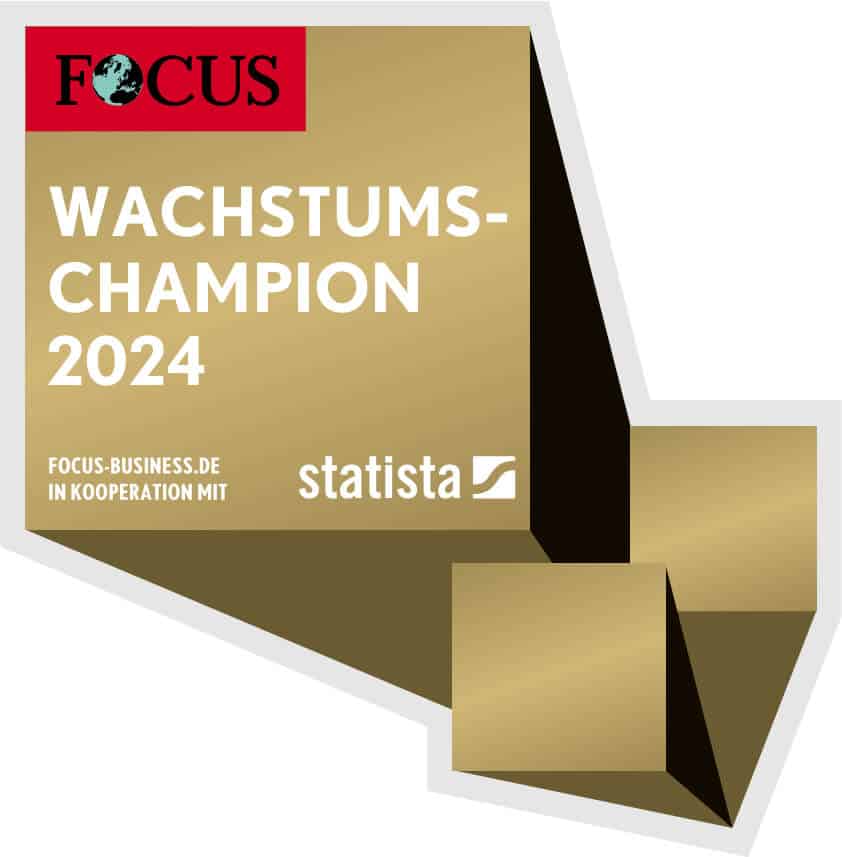Modern means of communication such as social media and messenger services have long since conquered our everyday lives, both privately and professionally. Communication has become easier, cheaper and faster as a result. However, Web 2.0 and modern communication technologies have even more far-reaching effects: They provide more transparency, but also less control. At the same time, they can be used profitably for corporate communication - both externally and internally. How social media can be used in marketing and stakeholder communication can be used in this article.
Social media: Dangerous loss of control or opportunity through authenticity?
Social media ensures that communication becomes more democratic and transparent. Anyone can use social media to spread their opinions and messages. This offers both risks and opportunities for companies:
Networks
Social media are networks. As such, they are difficult to control as they do not have hierarchical levels, but nodes. The information that is disseminated about the company is therefore beyond control. Networks However, they have the decisive advantage that they allow both information and ideas to spread more quickly. Innovations are promoted through network-like communication structures.
Loss of interpretative sovereignty
Social media undermines the authority to interpret content, and this also applies to employee-employer relations. Messages that are disseminated via social media are considered more authentic and therefore more credible. You can read more about the use of social media in employer branding in my article Employees as company spokespeople. Social media in employer branding
Complaints are made public
Social media is playing an increasingly important role in complaint management. While complaints were received via the hotline or by letter in the pre-digital age, this is now done publicly via the company's Facebook page. This means reacting quickly and getting the complaints out of the way - just as publicly.
Living authentic transparency
Openness, transparency and flat hierarchies: these are the principles that many companies want to establish in their daily work. After all, sharing knowledge and contributing ideas freely promotes a culture of innovation within the company. This is essential for future market success. Social media gives companies the opportunity to show that transparency and open structures more than just lip service and that these values are actively practiced within the company.
Communicating and living values authentically
Companies can benefit sustainably from an open communication strategy using social media, both in day-to-day business and in exceptional situations of upheaval. The prerequisites for this are
- Proactive and positive communication
- Authenticity: contingency of communicated and practiced values
- Rapid response to inquiries, complaints and suggestions on social media
- Consistent customer centricity: customer concerns must be the measure of all things
If companies and entrepreneurs take these points into account, they not only minimize the risks of social media, but also use them as profitably as possible. This is because social media can then act as a multiplier and mouthpiece in which satisfied customers, business partners and employees make positive comments about the company.
Using social media in external corporate communications
Social media can be used in various areas of external corporate communication:
- Stakeholder communication with business partners, customers, shareholders and competitors can be influenced and controlled via social media. A positive image on social media can have a lasting positive impact on the company's image.
- Employer branding and employee retention
- Customer communication: Special offers, the opportunity to contribute ideas and suggestions and complaint management can all be handled via social media.
- Marketing: Products and services can be marketed through content marketing and social media.
Both in terms of marketing and other corporate communications, digital communication options have a decisive advantage over advertising campaigns and traditional media work: they are fast, immediate, direct, authentic and achieve great effects with a small budget.
Focusing and appealing to emotions
Emotions play an important role in the perception of a company as well as in purchasing decisions. These emotions can be controlled and influenced via social media and content marketing. It is crucial that customers or stakeholders and their concerns, needs and worries are always the starting point of the communication strategy. Authentic stories that are memorable appeal to our emotions. Companies must decide which channels to use depending on their target group. After all, it is no use trying to dance at all weddings. A focused communication strategy on the strategically important social media platforms is far more profitable.
In summary: 7 tips for companies' external social media communication
- Use social media to Relationship management with customers, business partners and stakeholders by being regularly visible and communicating your values authentically.
- Step into the Dialog with your target group, respond immediately to suggestions, praise and complaints. Take your customers and stakeholders seriously.
- Post content in appropriate Groups and forumswhere your target group spends time and which suit you in terms of content.
- Focusing Focus on the channels through which you can achieve the greatest impact.
- Use social media to show that you are a Reliable partner with a unique product by regularly posting high quality content.
- Build Trust by being continuously visible and demonstrating lived expertise.
- Avoid advertising messages in your postings, avoid perfection and instead approachable, genuine and unadulterated on.
But the basis of a successful social media communication strategy is always that the communicated values are actively lived. Then you will not be alone in disseminating your content, but will receive support from satisfied employees, customers and business partners. These messages are the most valuable communication tool you can have - because they are credible.
(Cover image: © mrmohock | Fotolia)

